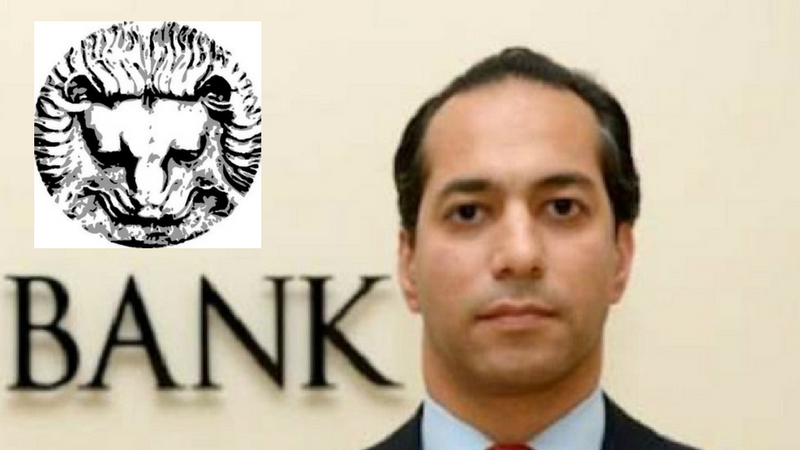A US court has granted a motion for a new trial for former Pilatus Bank owner Ali Sadr Hasheminejad, reversing the Iranian banker’s earlier guilty conviction.
Judge Alison Nathan, who presided over the case in the US court, issued her order to reverse the guilty verdict on 17 July.
A jury had found Ali Sadr guilty on five counts of breaching US-Iran sanctions and bank fraud, in a case involving a multi-million dollar housing project in Venezuela. Ali Sadr was also found guilty of defrauding the US government.
He was due to be sentenced in August and faced a possible prison sentence of up to 85 years. However, earlier in June, US Attorney Geoffrey Berman told the court that he had decided to drop the case due to issues related to information that was in possession of the US government, which had not been properly disclosed to Ali Sadr’s defence team.
The judge had criticised the prosecution and issued an order to have the list of names of all lawyers involved in the compilation of evidence in the case while demanding a detailed explanation as to why certain documents were not shared with Ali Sadr’s defence.
The US Attorney has since replied, outlining what occurred and declaring that the prosecution did not act in bad faith when it withheld information.
Ali Sadr’s lawyers immediately responded, saying the withholding of information by the US Attorney “justify the relief sought by Ali Sadr”. He was seeking a new trial, as well as for the judge to dismiss the case with prejudice.
Judge Nathan, after noting “the government’s failure to oppose (Ali) Sadr’s motion for a new trial,” upheld the request by the defence.
The judge also gave the green light for the government’s request of nolle presqui, a formal notice of abandonment by a plaintiff or prosecutor of all or part of the suit.
Besides exoneration, Ali Sadr also sought a guarantee from the government that it will not seek or cooperate in having him removed from the United States. The Iranian’s request has been agreed to by the US authorities.
Ali Sadr’s relationship with Malta began when he set up Pilatus Bank in Malta after the Labour Party came into power in 2013. Its licence, however, was withdrawn by the European Banking Authority in June 2018. Despite numerous serious allegations, the local police force took no action against the bank or Ali Sadr.
With the case now dropped, Ali Sadr will be freed, which led to a call by the Daphne Caruana Galizia Foundation for his extradition to Malta. The Nationalist Party also joined the call.
Financial Crime Expert Kenneth Rijock had first questioned the legality by which the government sought to drop the case after a verdict had been reached, and went on to ask whether the banker was handed what he described as an “out of jail free card”.
Rijock also questioned whether Ali Sadr’s cooperation with the government rose to the level to grant the dismissal of criminal charges against him.












